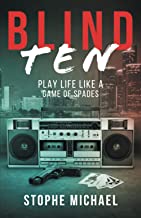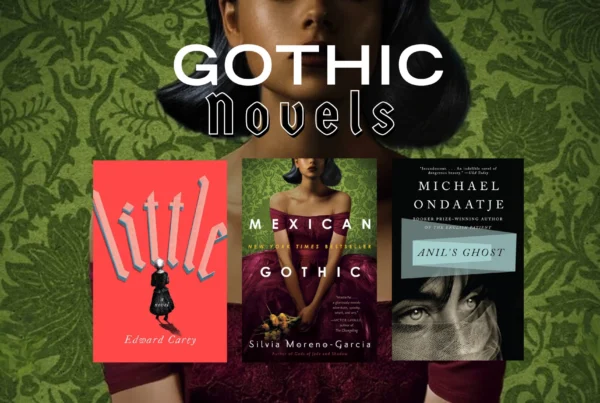Blind Ten: Playing Life Like a Game of Spades by Stophe Michael
As Fat Bread, a kid trying to navigate the rough streets of inner-city Detroit in the 1980s, explores one of the many hustles presented to him, Bram, a slick operator and “businessman,” invites him for a game of chess. Asked to make the first move of a game he doesn’t know how to play, Bread randomly advances his rook.
Bram grabs Bread’s arm, asks him why he made that move, and proceeds to share a valuable life lesson: “That’s one of the first rules of life: Never make a move without calculating the risk versus reward. Every decision you make in life comes with a consequence, everything happens for a reason, and the universe doesn’t make mistakes.”
In Stophe Michael’s gripping novel Blind Ten: Playing Life Like a Game of Spades, is Bread’s fate a matter of destiny? Perhaps. But as he learns the ropes about survival, understands the laws of the street, and makes his way through crime, violence, drugs, tough crowds and shady opportunities, he dreams of a legitimate way out of his neighborhood to a better life. Even Bread’s father, who tries to instill sound values in his son, runs a numbers game to help ends meet.
THE CARDS
Bread himself, based on the cards dealt, is not always holier than thou. Drinking becomes an issue, and the prospect of selling drugs to get by—and get accepted – does not elude him.
Stophe Michael, raised on the west side of Detroit, uses the card game of Spades as a metaphor for life in the hood. Bread was brought up under the hustlers’ code of always playing your best card to protect your partner, and always leading with trump to protect the team when you are behind on books and bid a blind ten.
Whether he intends it or not, when it comes to Tarot cards, the Ten of Spades represents finality — there is no hope for revival. A limit has been reached, a line has been crossed and there is no turning back. Perhaps that is part of the card reference.
THE PLAYERS
The author’s writing provides a vivid flavor of the streets and the setting, using raw language and dialogue to set the action and create a mood. He also introduces a host of characters, many of whom force Bread to become streetwise at every step – and very quickly. Are they friends? Looking out for his best interests? Will they double-cross him? Are they working undercover?
Bread tends to take heed in Bram’s advice. As his father points out, “You’re systematic with the way you play, and I’ve never seen you play on hunch.”
But Bram encourages Bread to take risks. In describing the success of American businessmen, he notes, “Every single one of them took a chance on something that others were too afraid to venture in.”
Bread moves up the neighborhood hierarchy and establishes himself as a player. But can his upward spiral continue? There are plenty of obstacles sure to spell doom as he manages the terrain.
Follow the many twists, turns, intricacies and choices of Blind Ten: Play Life Like a Game of Spades, and see if they provide the ticket onward for our complex protagonist.
This book is available for purchase here and on Amazon.

About Stophe Michael:
Stophe Michael was born and raised on the west side of Detroit and discovered his passion for story telling at an early age. When not reading or pinning novels, he spends his spare time with family and friends traveling abroad sampling diverse cuisines and has written some of his best work for his freshman novel Blind Ten while relaxing on the sandy beaches of the Caribbean Islands. His writing style shares a trifecta of experiences in its literary art form, combining authentic urban experiences, 25+ years of leadership in corporate America, and worldly travel about the globe. Visit his website to learn more.
Buy this Book!
Amazon




